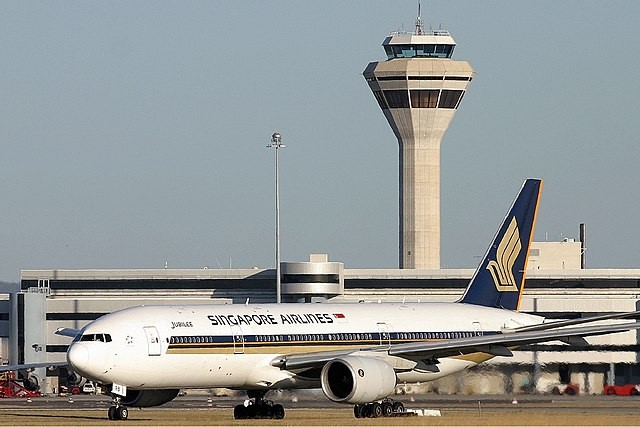
Singapore Airlines Boeing 777-200ER at Perth Airport – Photo: Montague Smith (Wikicommons)
Facial recognition technology will now be used in place of paper boarding passes for some Singapore Airlines flights departing from Perth.
The company hopes that the reduced waiting times caused by the future technology will encourage broader use.
This comes after the airport replaced 16 regular check-in desks with 36 self-check-in kiosks in the T1 international terminal and installed 16 more ‘auto bag drops. Each of these modern devices may process biometric data.
Kevin Brown, CEO of Perth Airport, has stated that the new technology will improve security and speed up the processing of passengers.
According to Brown, “the customer experience is crucial,” and “this technology will allow us to serve more people to a better quality,” which will help the airport grow.
The trail will ask trail users who are willing to participate in checking in at one of the biometric kiosks. Passengers will be prompted to generate a biometric token at the kiosks, which will be used to validate their booking information, photo identification, and travel documents.
At the automated luggage drop, the passenger’s face will be scanned to verify their identity, doing away with the requirement for a traditional boarding pass.
Like at the airport, a passenger’s identification will be verified by a facial recognition camera before boarding the plane.
The biometric token will be held on a secure server for the duration of the flight and then erased, protecting the passenger’s privacy.
One traveller using the new system recounted the travel experience in The West Australian, detailing the experience with the new face recognition kiosk, saying that the process took only seconds.
Biometric processing is currently being implemented in airports across four continents, with Air New Zealand and Singapore Airlines already using self-service kiosks. Cathay Pacific, Emirates, and Malaysia Airlines will likely follow suit soon.
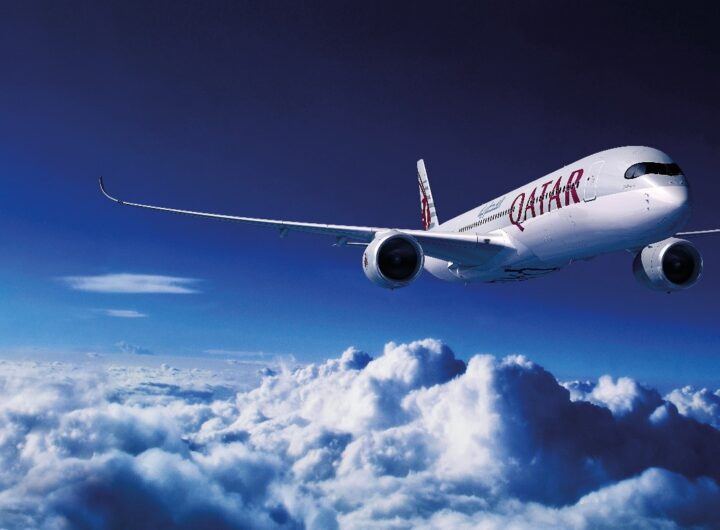 Qatar Airways Resumes Flights To Malta: Enhancing International Connectivity
Qatar Airways Resumes Flights To Malta: Enhancing International Connectivity 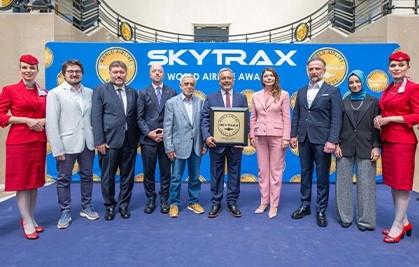 Turkish Airlines Crowned Best Airline in Europe for the Tenth Time
Turkish Airlines Crowned Best Airline in Europe for the Tenth Time 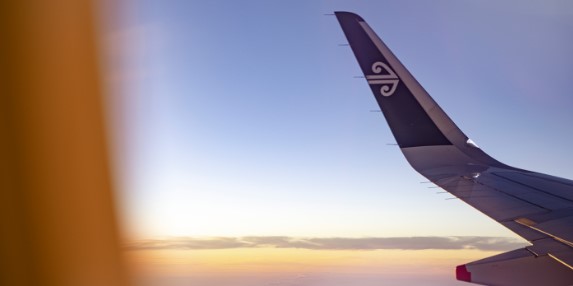 Taking on the Tasman: Air New Zealand Unleashes 1.7 Million Seats for Summer
Taking on the Tasman: Air New Zealand Unleashes 1.7 Million Seats for Summer 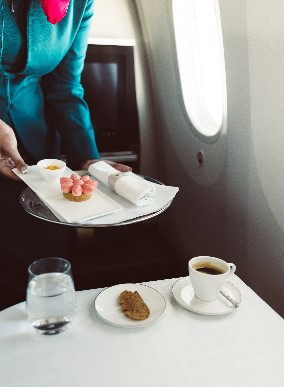 Oman Air Elevates In-Flight Dining with Exquisite Omani Rock Rose Dessert
Oman Air Elevates In-Flight Dining with Exquisite Omani Rock Rose Dessert  Cathay Pacific Elevates Inflight Dining with ‘Chinese Classics’ Menu
Cathay Pacific Elevates Inflight Dining with ‘Chinese Classics’ Menu 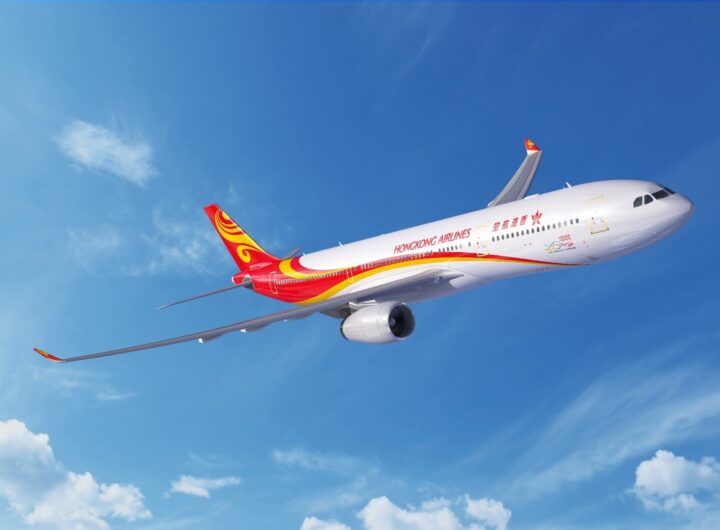 Hong Kong Airlines Set to Land in Sydney—And Travellers Reap the Rewards
Hong Kong Airlines Set to Land in Sydney—And Travellers Reap the Rewards  Viking Cruises Unveils 14 New Ocean Itineraries for 2026 & 2027
Viking Cruises Unveils 14 New Ocean Itineraries for 2026 & 2027  Seabourn Elevates Onboard Dining with New Menus and Local Flavours
Seabourn Elevates Onboard Dining with New Menus and Local Flavours  Oceania Cruises Marks a New Era with the Construction of the First Sonata Class Ship
Oceania Cruises Marks a New Era with the Construction of the First Sonata Class Ship 